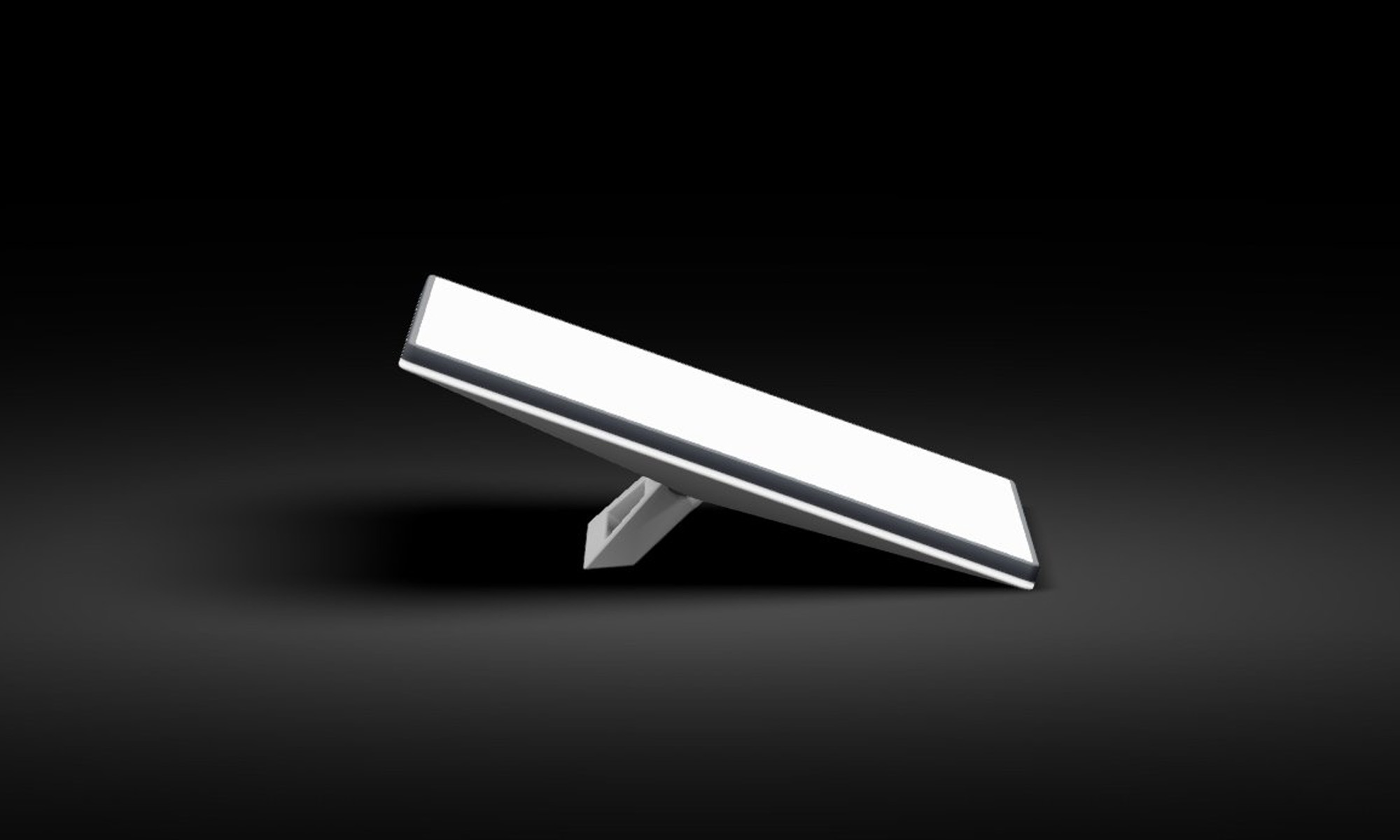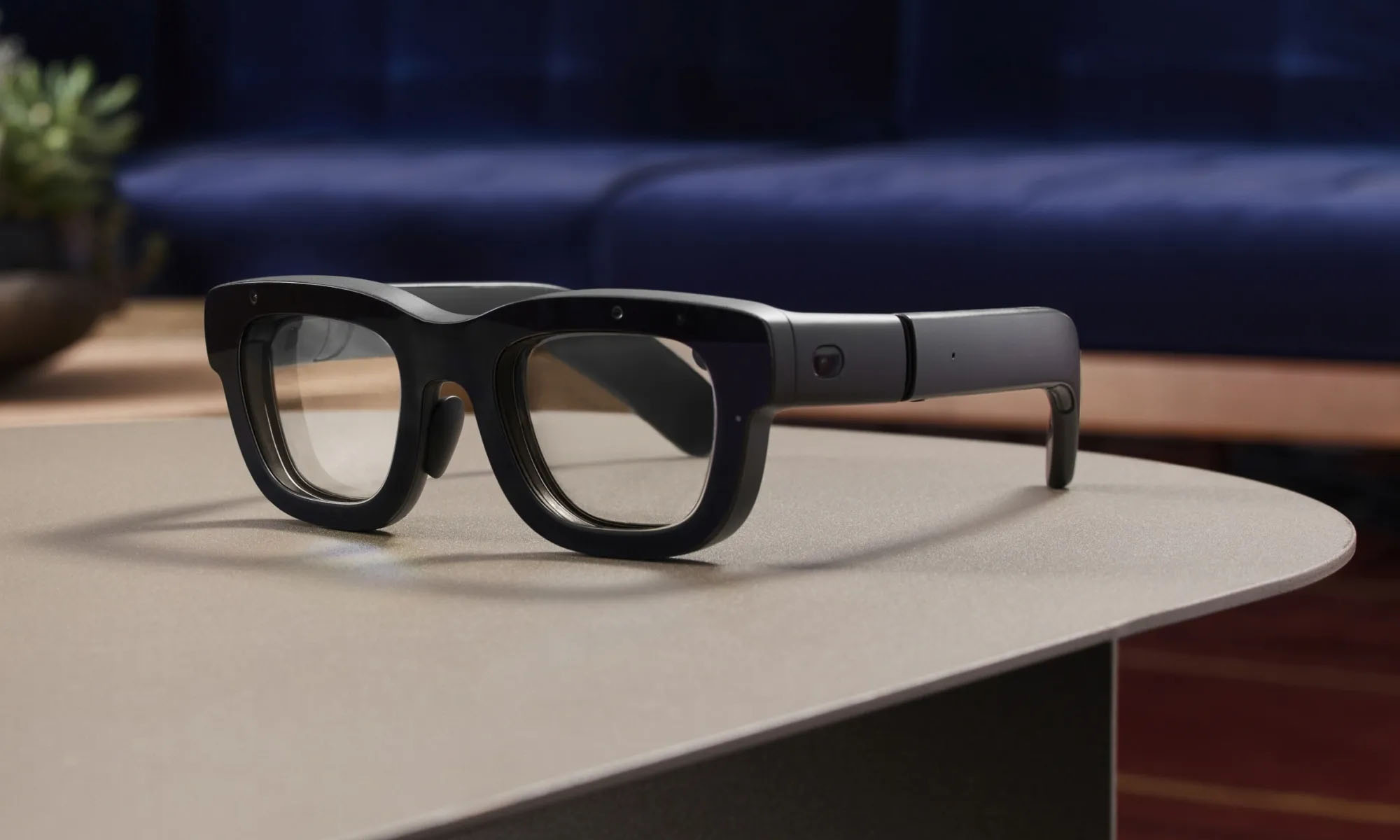News
SpaceX Launches Starlink Mini For $599 In Selected Regions
The compact, portable dish features a built-in Wi-Fi router and is small enough to fit inside a backpack.

SpaceX has introduced a new Starlink kit, known as the Starlink Mini, which is compact enough to fit inside a backpack. Users will now be able to carry the miniature dish anywhere and access SpaceX’s satellite internet service on the go.
According to emails sent out by SpaceX, the Starlink Mini will be priced at $599 upfront — $100 more than the standard dish kit. Users must already have a standard service plan to add the Mini Roam service, which costs an extra $30 per month. In total, Starlink residential customers will spend $150 per month if they opt for the Mini.
Starlink MINI (REV MINI1_PROD2) with built-in WiFi.
28.9×24.8 cm (11.4″ x 9.8″) pic.twitter.com/0AQKicaOk4— Oleg Kutkov 🇺🇦 (@olegkutkov) June 16, 2024
The cost of the smaller dish might decrease in the future. SpaceX mentioned in its email that it is working towards making Starlink more affordable overall. Currently, the company is offering a limited number of Mini kits “in regions with high usage”. Recently, SpaceX CEO Elon Musk discussed the Mini on X (formerly Twitter), describing it as a “great low-cost option”. He also mentioned that it would eventually cost “about half the price of the standard dish to buy and monthly subscription”.
Also Read: The Most AI-Proof Career Opportunities In The Middle East
The Starlink Mini dish includes a built-in Wi-Fi router, making it a more compact package and requiring fewer additional components than the standard version. The Mini also consumes less power, features a DC power input, and can achieve download speeds exceeding 100 Mbps. The new kit includes the dish, a kickstand, a pipe adapter, a power supply, and a cord with a USB-C connector on one end and a barrel jack on the other.
Currently, the Starlink Mini is only available in select high-usage regions. However, Michael Nicolls, Vice President of Starlink Engineering, stated on X that the company is increasing production of the Mini and plans to make it available internationally in the very near future.
News
Meta Reveals Orion AR Glasses, Offering A Glimpse Into The Future
The prototype was showcased at the Connect conference, bringing the company’s vision of blending virtual and physical worlds closer to reality.

Meta, the parent company of Facebook, has unveiled a working prototype of its augmented-reality glasses — named Orion — at its annual Connect conference. At the event, CEO Mark Zuckerberg outlined his vision to use the AR device to blend the real world with the virtual:
“This is the physical world with holograms overlaid on it,” Zuckerberg said as he slid the glasses from their metal case. Describing Orion as “a time machine” he added, “These glasses exist, they are awesome, and they are a glimpse of a future that I think is going to be pretty exciting”.
The Orion AR glasses are built from magnesium alloy and run on custom silicon chips developed by Meta. They offer users control via hand-tracking, voice commands, and a wrist-based neural interface. Zuckerberg said Meta plans to further refine the glasses, making them smaller, more affordable, and ready for mass production in the near future.
So far, sources have revealed that Meta aims to release its first consumer version of the Orion AR glasses by 2027, once the technology has become more cost-effective.
Also Read: Bybit Launches Islamic Account, Enabling Shariah-Compliant Trading
In addition to Orion, Meta introduced a more modest mixed-reality headset called the Quest 3S, with a starting price of $300. The company also rolled out several new AI tools, including chatbot updates and the ability for Meta AI to auto-insert personalized images into Facebook and Instagram feeds. An audio upgrade also allows users to choose celebrity voices, like Judi Dench or John Cena, for the Meta AI assistant. “I think voice is going to be a way more natural way of interacting with AI than text,” Zuckerberg said.
Finally, Meta has introduced three new versions of its Llama 3 AI models. The company continues to invest billions in AI and metaverse technologies, pushing its capital expenditure forecast for 2024 to a record $37-40 billion.
-

 News2 weeks ago
News2 weeks agoApplications Are Open For The 2025 WiSER Pioneers Program
-

 News2 weeks ago
News2 weeks agoUAE-Produced “Mansour: Age Of AI” Premieres On Shahid & MBC3
-

 News2 weeks ago
News2 weeks agoTech Startup Foodics Offers Smarter Restaurant Management
-

 News1 week ago
News1 week agoBotim Launches MENA’s First-Ever “Send Now, Pay Later” Service




















